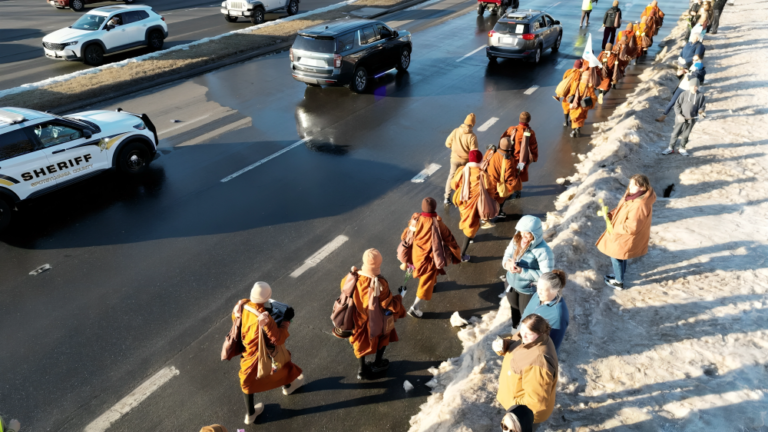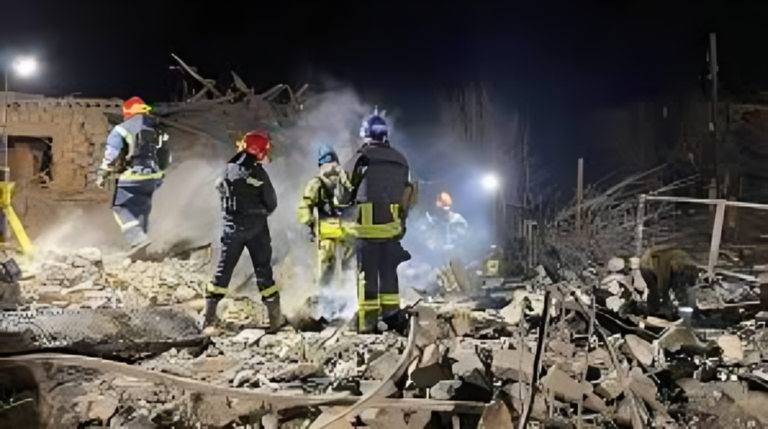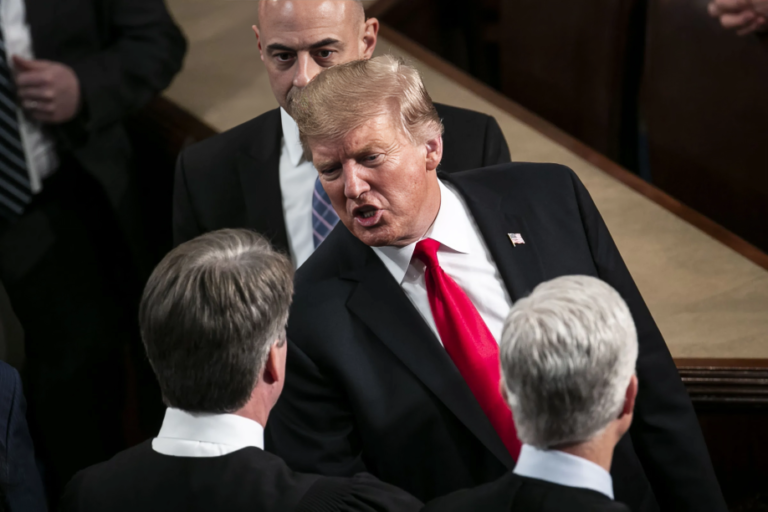The situation in Mozambique is tense as the country waits for the official results of the October 9 presidential election, which are expected to confirm a victory for the ruling Frelimo party.
Maputo, the capital, remained quiet on Thursday morning ahead of the announcement by the Mozambican National Electoral Commission (CNE), scheduled for 2:30 p.m. local time. Frelimo, which has governed Mozambique since its independence from Portugal in 1975, is poised to retain power, but the elections have been marred by allegations of fraud and growing unrest.
Opposition candidate Venancio Mondlane, who is backed by the Podemos party, has already claimed victory, accusing Frelimo of electoral manipulation to secure a win for their candidate, Daniel Chapo. Since the elections, Mondlane has taken to social media to call for mass protests against what he deems a rigged process. In a recent message on Facebook, he urged a “great national demonstration” to challenge Frelimo’s dominance, which has lasted nearly 50 years. He vowed that citizens would take to the streets across the country, declaring that security forces would be unable to contain the scale of the protests.
This is not the first time Mozambique has experienced post-election turmoil. Tensions have escalated further after the assassination of Elvino Dias, a lawyer working with Mondlane, who was preparing a legal case to dispute the election results. Dias was ambushed and killed on Saturday along with opposition activist Paulo Guambe, sparking outrage and grief among Mondlane’s supporters. Thousands gathered outside Maputo on Wednesday to mourn Dias, with many accusing the government of orchestrating the attack. Mondlane has openly blamed the security forces and expressed fears for his own safety, stating that he could be the next target.
Outgoing President Filipe Nyusi, who has completed his maximum two-term limit, has warned that calls for violent protests could be deemed criminal. In a statement on Wednesday, he accused opposition leaders of inciting chaos and spreading misinformation for political gain. The police have echoed Nyusi’s remarks, urging people to remain calm and not be swayed by “incendiary speeches.” However, the situation on the ground remains volatile. On Monday, Mondlane himself was among a group of protesters who were tear-gassed by police during a demonstration in Maputo. He also accused security forces of using live ammunition, injuring three people during a protest in the northern city of Nampula on October 17.
Election observers from the European Union have raised doubts about the credibility of the election, citing irregularities during the vote-counting process and unexplained changes to the results at polling stations and district levels. They highlighted that these issues, combined with an apparent low voter turnout in a country of about 33 million people, could undermine the legitimacy of the election.
If the anticipated results are confirmed, Daniel Chapo, 47, will become Mozambique’s new president, marking a significant generational shift. He would be the first leader born after independence and also the first to take office without having fought in the civil war between Frelimo and Renamo, which devastated the country from 1975 to 1992 and claimed about a million lives. Chapo, a former provincial governor with limited experience in national politics, is seen as a break from the past, though his ties to the ruling party suggest continuity.
The October 9 election also saw participation from other key figures, including Ossufo Momade, the 63-year-old leader of Renamo, and Lutero Simango, 64, of the Mozambique Democratic Movement. Both have been critical of Frelimo’s long-standing control over the country’s political landscape, but their campaigns struggled to gain significant traction.
The results, when they are officially announced, could set the stage for further unrest. With Mondlane’s supporters already mobilizing, there is a risk that the situation could escalate if the calls for demonstrations turn into widespread protests. The authorities, including President Nyusi, have warned that any attempts to disrupt the peace will be dealt with strictly. As Mozambique waits for the final word from the CNE, the eyes of the nation are on what could be a pivotal moment in its political history.











+ There are no comments
Add yours